Photography Abbie Mellé
Sign up to our mailing list for the best stories delivered to your inbox.
Words Emily Herbert Photography Abbie Mellé
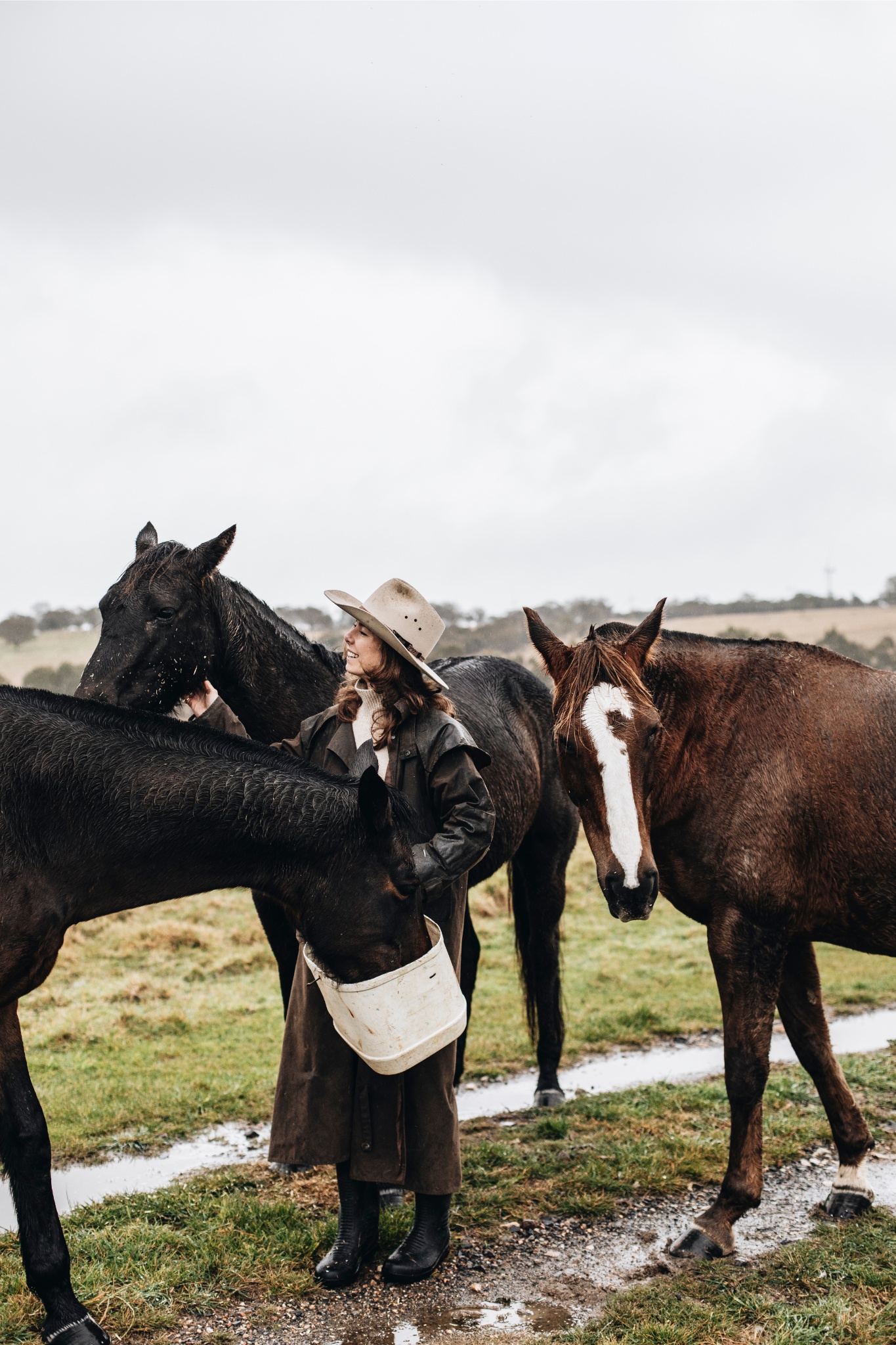
Photography Abbie Mellé
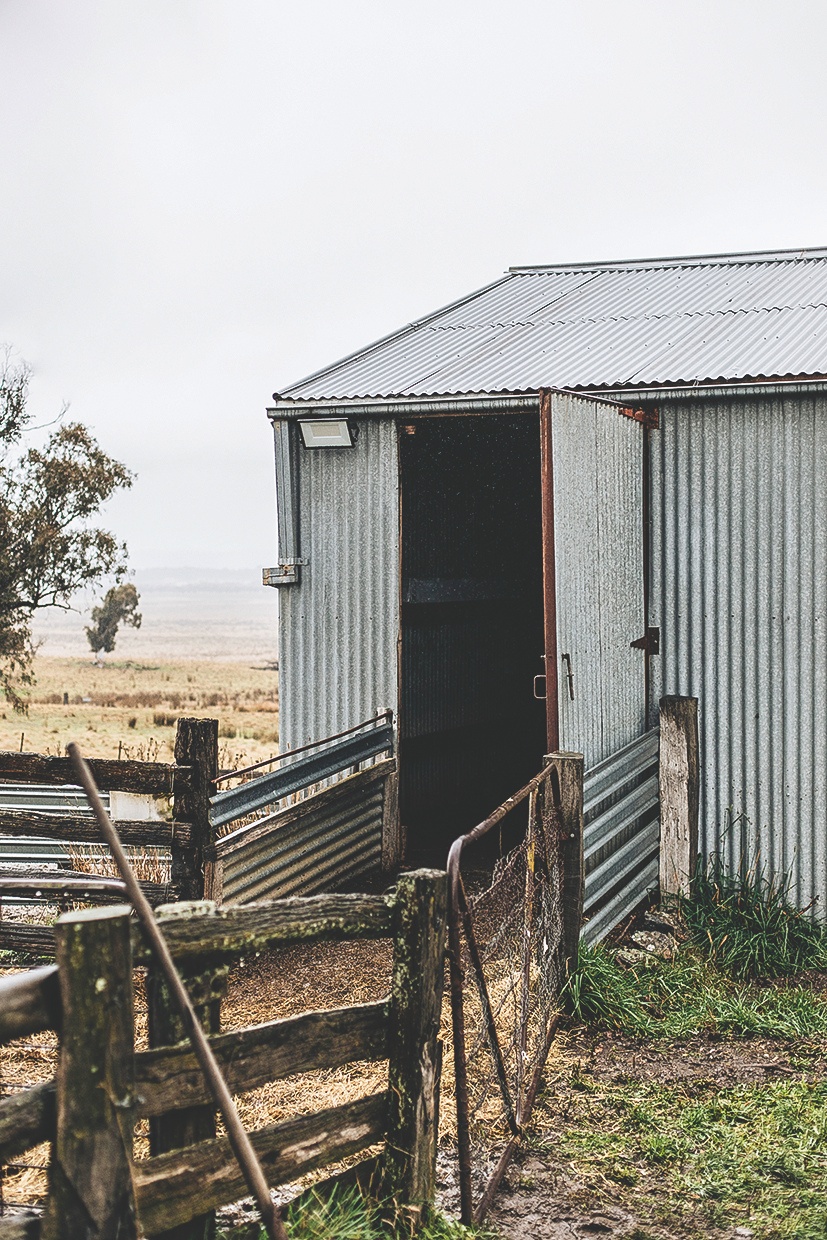
Photography Abbie Mellé
Ella Edwards spent her childhood with a shovel in hand, following her parents as they planted trees.
“My parents were very successful conventional farmers,” Ella explains. “But after the Millennium Drought they knew they had to do things differently.”
Ella’s parents, Rod Edwards and Jenny Bell, began to farm Bohara regeneratively, running 8000 superfine merinos in large mobs across a combined 1600 hectares, using time-based rotational grazing to improve pastures and productivity.
“Mum is intensely curious about ecology. Often a quick ride to move sheep will result in the assessment of different grass species, questioning why this paddock is responding better than that one,” Ella explains. “I’ve absorbed this questioning gaze and everywhere I go I think, ‘Does this grass look happy, has it been grazed well, why is there compaction there?’”
It was an idyllic childhood, growing up on the Southern Tablelands of New South Wales between Goulburn and Yass. Riding her horse every afternoon after school alongside her sister Fay and brother Riley, Ella moved sheep across spectacular open country, dotted with granite boulders and candle bark gums.
Now, when this sustainability professional travels home from Sydney every second weekend, the small details she took for granted as a child — homegrown pumpkins lining the hallway, blue wrens twittering in the grevilleas, home-butchered lamb for Sunday lunch — bring her infinite joy.
“My favourite time of year is lambing: quietly riding through, checking the ewes in the morning; jumping off to help pull a lamb if the ewe is stuck,” the 31-year-old says. “I love watching the ewe intently lick the lamb, low murmuring in response to the lamb’s desperate bleats. It’s a beautiful event and makes you feel a sense of purpose and connection.”
Watching her parents strive to better their soil and biodiversity was the bedrock from which Ella’s professional career sprang. After a double degree in anthropology and English literature at the University of Sydney, Ella worked for Woolmark alongside woolgrowers and the research and development team, developing the company’s first online sustainability course, now translated into seven languages.
“I’m interested in connecting marketing and growers because I think, in the wool industry especially, the supply chain is so long and complex that the end consumer and the producer have very little knowledge of each other.” Ever the knowledge seeker, she doubled down on her understanding of sustainability’s commercial angle, completing a double master’s degree in environmental science and law. This led to the position of Sustainability Manager at Modibodi, an Australian apparel brand.
“I did a lot of work in the supply chain, looking at preferred materials, the environmental and social conditions within the factories, understanding wages and looking at embedding traceability in procurement,” Ella says. “My main takeaway was that anything to do with sustainability has to work for people first.”
When Ella’s partner, ecologist Patt Finnerty, moved to Africa for his doctoral studies in 2023, she saw an opportunity. Reaching out to Zimbabwe’s Rangelands Regeneration wildlife conservancy was the start of a six-month adventure on the continent conducting a soil carbon feasibility study.
“There were so many interesting and competing facets: an annual rainfall of 300 millimetres, really rich red soils, terrible erosion, overstocking and low socioeconomic societal structures,” she says. “It really confirmed that if you’re going to
instigate change, it has to work for people on the ground: they’re the ones who manage the environment, the risks and the social implications.”
After moving back to Sydney, Ella began work with climate change investment and advisory firm Pollination. The company is focused on driving the transition to a net zero, nature positive and resilient future. In her role as Associate, Food and Fibre Systems, at Pollination, Ella works with large corporations looking to transition to regenerative agriculture and meet Scope 3 (all up- and downstream emissions linked to a company’s operations) decarbonisation targets.
“Supply chains are hard. Incentives are still nascent. We work in the space of making things clearer for our clients so they can implement change,” she explains. Part of Ella’s work is looking at insetting: helping companies with Scope 3 decarbonisation targets with co–financing activities on farms.
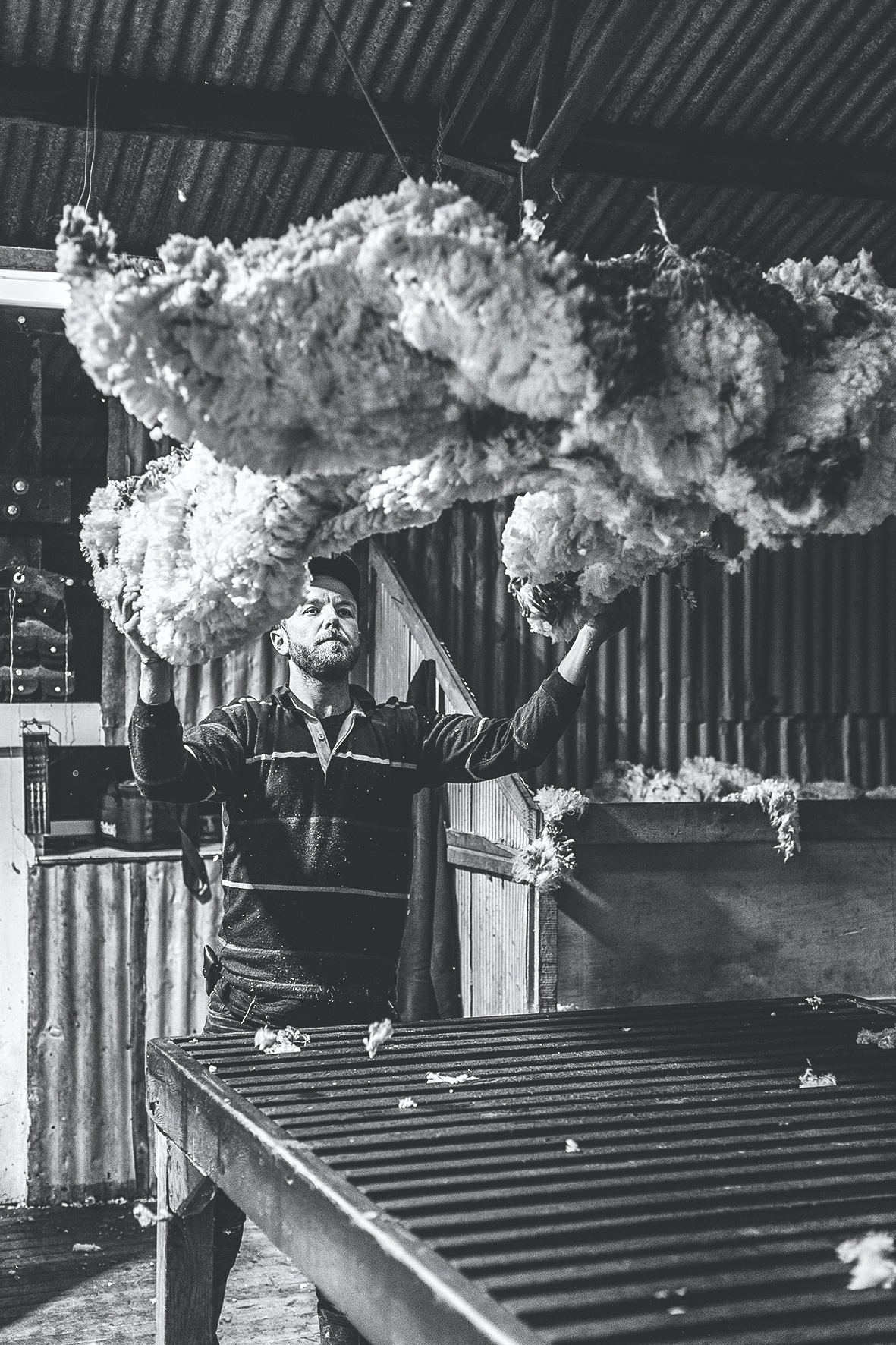
Photography Abbie Mellé
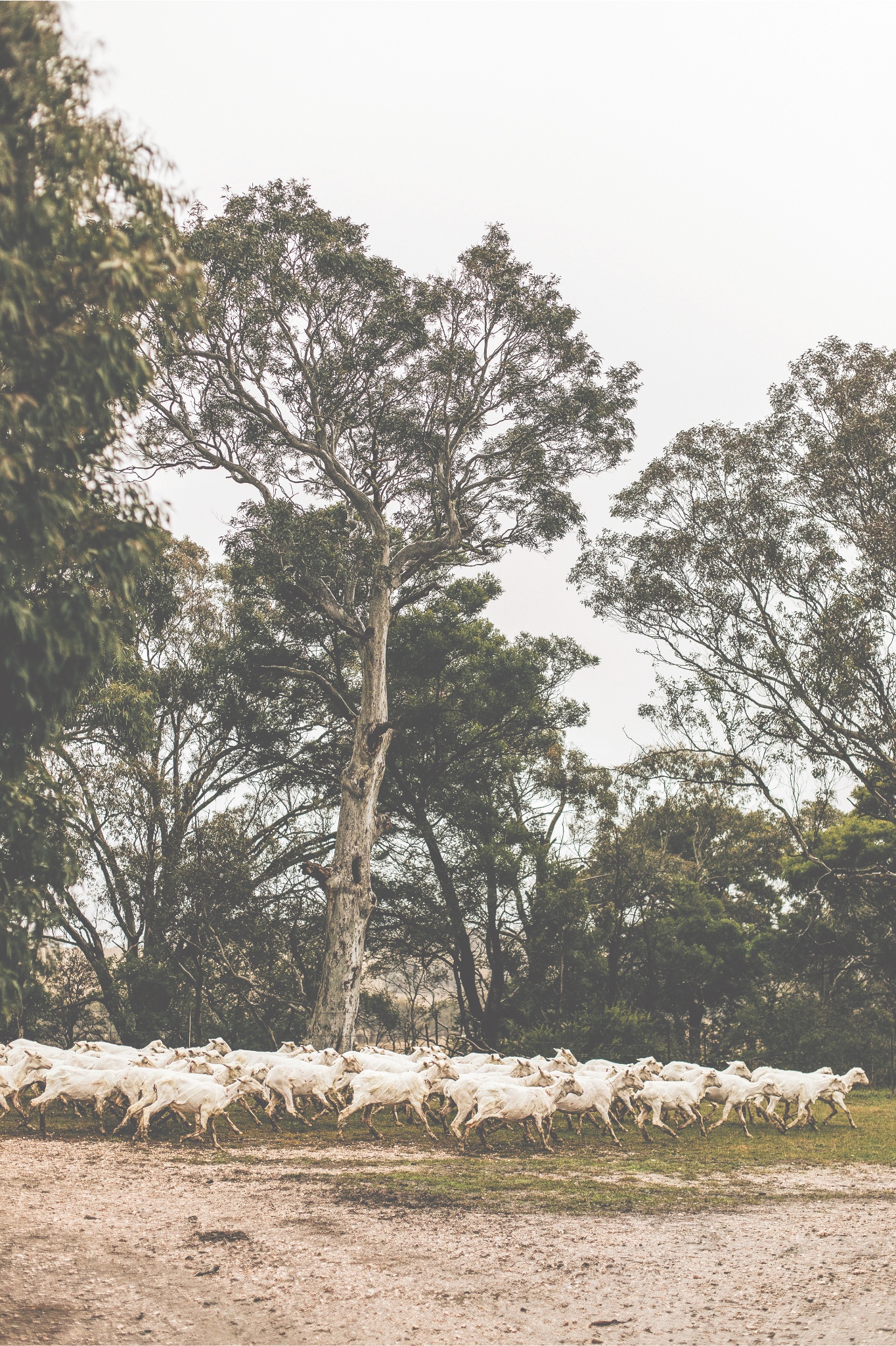
Photography Abbie Mellé
“We’ve been working with Australian Wool Innovation to explore the opportunity of insetting in the wool value chain,” Ella says. “It’s a win for wool-buying clothing brands, who can claim those emissions reductions against their Scope 3 targets, and a win for woolgrowers who are supported to reduce their emissions, increase their business’s climate resilience and generate a complementary income stream in the long-term.”
Ella says sustainability can aid profit margins. “Thirty per cent tree cover is the average scientific optimum tree cover level for pasture production and, at the same time, these trees can sequester significant amounts of carbon dioxide. But it doesn’t have to be locked up land; they can be paddock trees and shelter belts,” Ella explains. “Livestock systems can integrate trees and increase productivity. The Australian National University has done a great study showing shelter belts increase wool clip by 30 per cent and reduce lamb deaths by 10 per cent.”
Education is needed to connect the city to the bush, says Ella, with less blame and more curiosity.
“We all want to do the same thing: to value nature and our ecosystem services. It’s about staying informed and knowing what’s coming — being open to further education,” Ella says. “There’s huge opportunity for producers. Australian farmers own 58 per cent of Australia’s land, and land is where we are going to have the biggest impact on carbon, on biodiversity, on water. The supply chain is willing to pay for it.”
Head to our subscription page to order your copy of the Graziher x Rabobank 2025 diary featuring Ella!
To hear more extraordinary stories about women living in rural and regional Australia, listen to our podcast Life on the Land on Apple Podcasts, Spotify and all major podcast platforms.
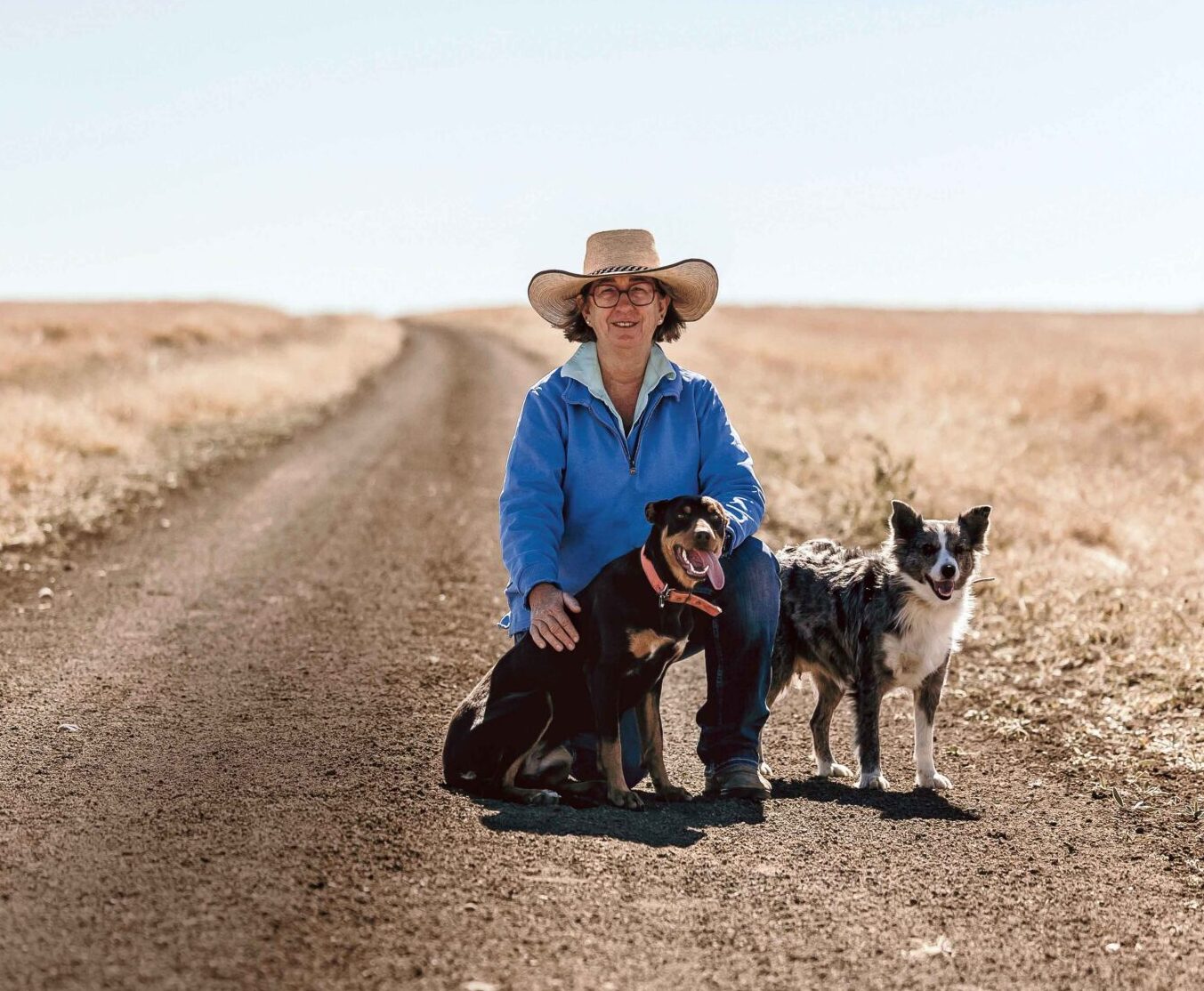
In her youth, she struggled to find her place. Now, Louise Martin knows exactly where she needs to be: in Tambo, Queensland, making sure rural children get the education they deserve.
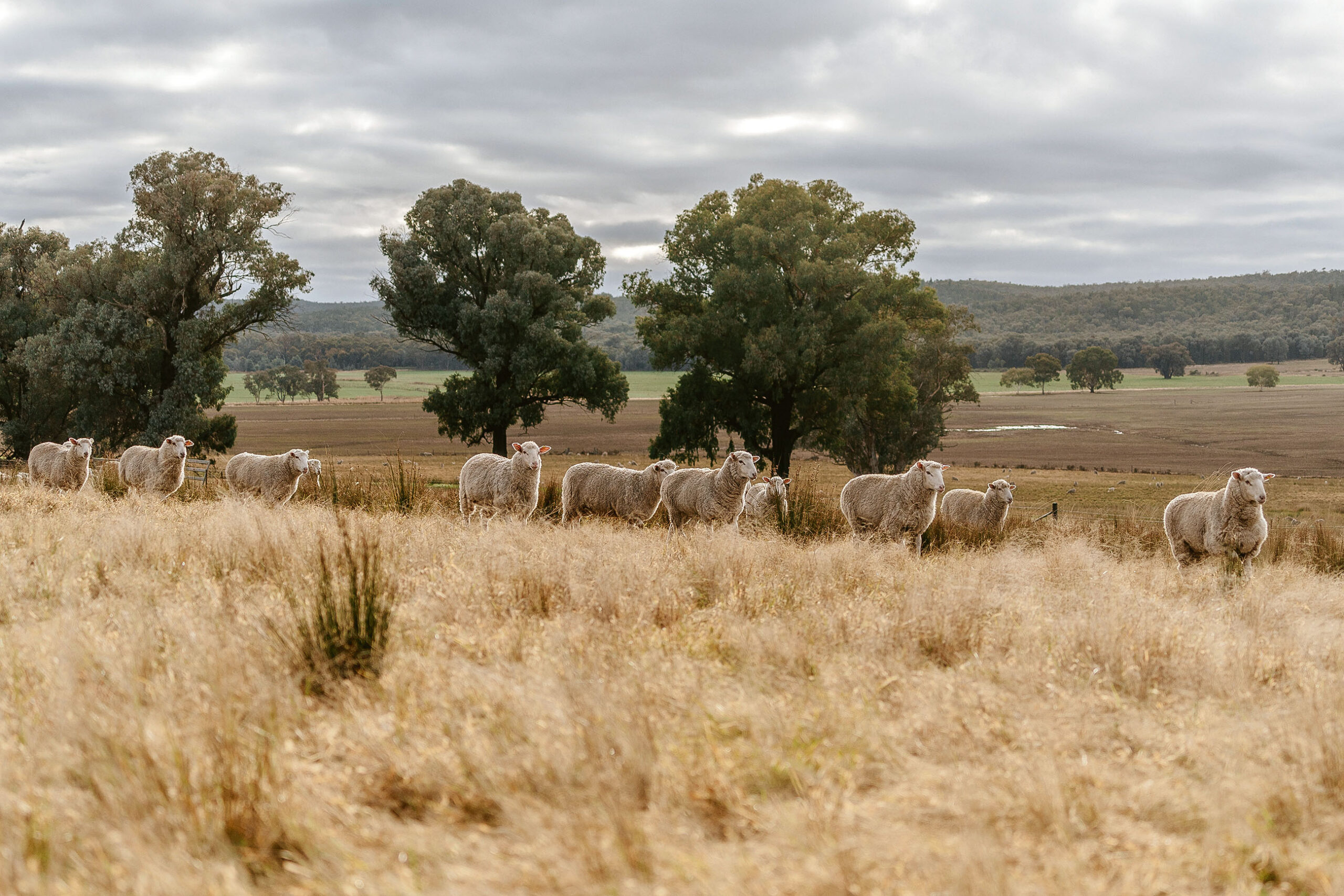
Writer and photographer Alexandra MacAlpine finds ways to hold onto moments of peace amid the busyness of station life.